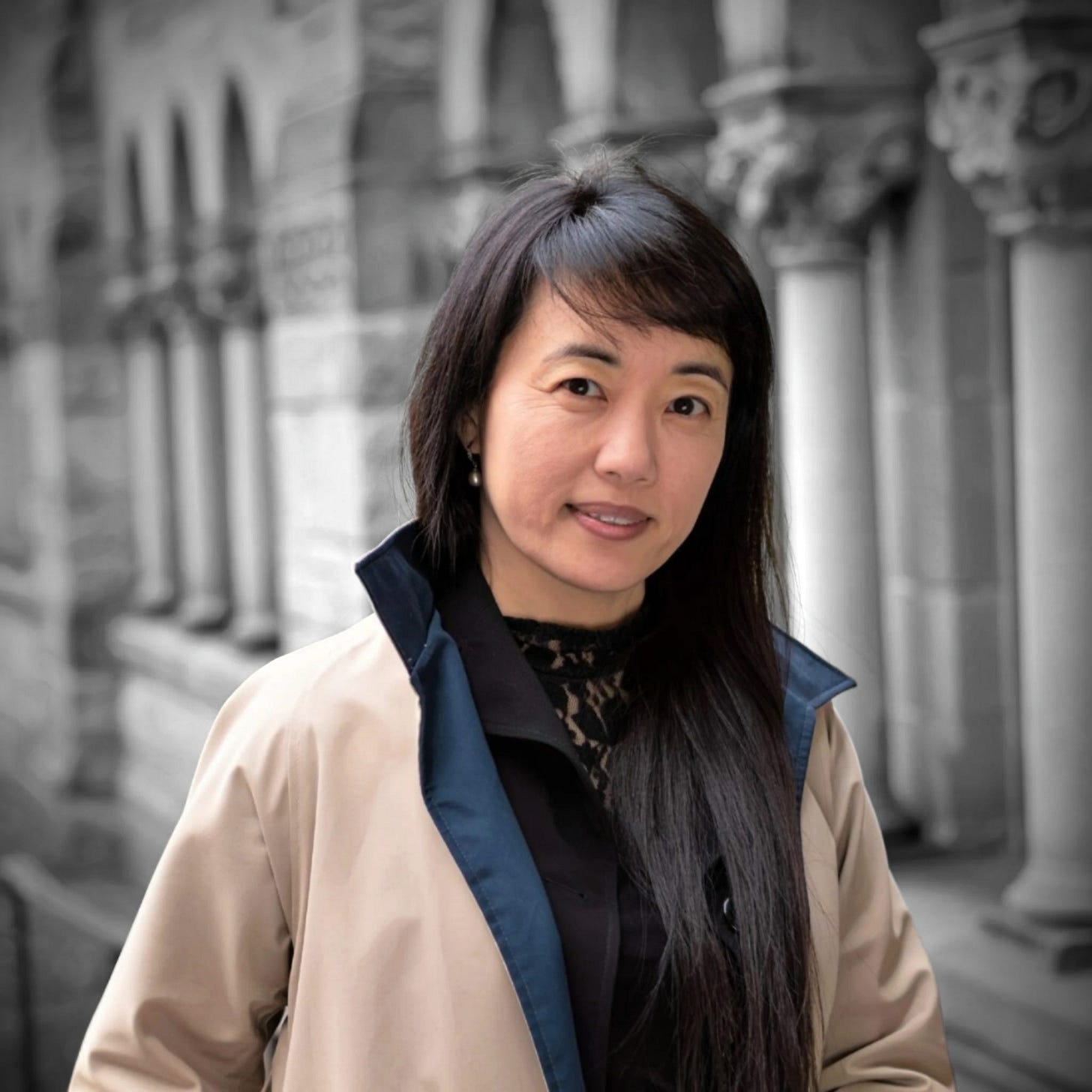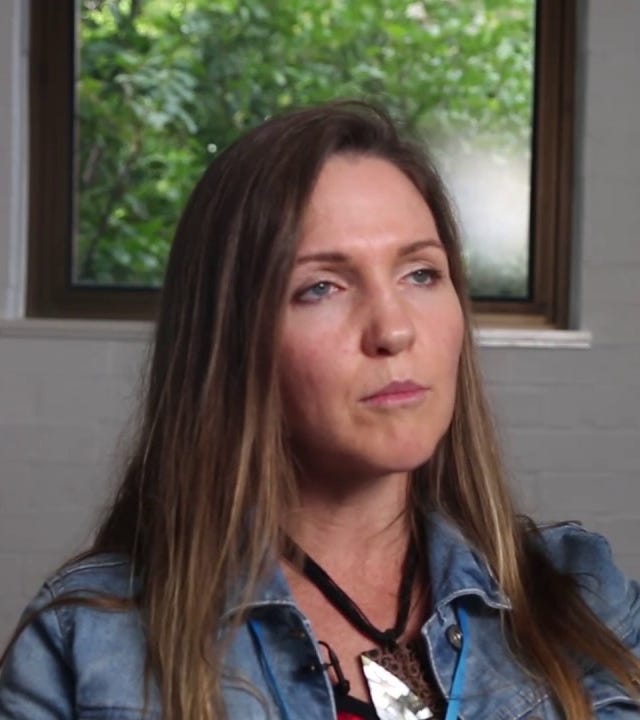Children Caught in the Crossfire
Parental Alienation and the Therapy That Divides Experts
By Richard Luthmann
Parental alienation—the claim that one parent manipulates a child into rejecting the other parent—has become a pressing issue in family court and mental health debates. Proponents like Joan Teresa Kloth-Zanard, MFT, GAL, and founder of Parental Alienation Support and Intervention, see it as a form of psychological abuse requiring urgent intervention, often in the form of reunification therapy.
However, critics such as Dr. Bandy X. Lee and Tina Swithin argue that the concept is often weaponized in court to discredit protective parents and that reunification therapy can compound trauma.
Kloth-Zanard: “Parental Alienation is Psychological Abuse”
For Kloth-Zanard, parental alienation is a deliberate and destructive manipulation. “Parental alienation disrupts a child’s executive functioning—critical skills like emotional regulation, problem-solving, and planning,” she says. “Alienated children are bombarded with false narratives that overwrite their positive memories of the alienated parent, disrupting cognitive and emotional stability.”
Her organization supports targeted interventions, such as reunification therapy, to address what she describes as the devastating long-term impacts of alienation.
“These children grow into adults with fractured relationships, poor emotional control, and an inability to handle stress effectively,” she warns. “Therapy allows them to challenge the false narratives they’ve been fed and rebuild trust with the alienated parent.”
Research cited by proponents supports her claims. Studies in the Journal of Emotional Abuse and the Journal of Child Custody reveal that alienation significantly impairs children’s ability to form healthy relationships and manage emotions.
A study in the Journal of Divorce and Remarriage further links shared parenting with better academic and social outcomes, suggesting that balanced access to both parents mitigates the risks associated with parental alienation.
Reunification Therapy: A Double-Edged Sword?
Reunification therapy, a court-mandated approach to repairing relationships between children and estranged parents, is central to Kloth-Zanard’s strategy.
“The therapy provides a structured environment where children can safely explore their feelings and reconnect with the alienated parent,” she explains. “Without this intervention, they remain trapped in a cycle of manipulation.”
However, critics warn that reunification therapy is fraught with risks, particularly when abuse allegations are present. Dr. Bandy X. Lee, a forensic psychiatrist and expert on family court dynamics, cautions that family courts often misapply parental alienation claims, overlooking legitimate abuse. This warning underscores the potential dangers of reunification therapy.
“Parental alienation has become a tool for abusers to reframe protective parents as manipulators,” Dr. Lee writes. “Children are frequently forced into reunification programs with parents they fear, despite credible abuse allegations.”
In her critiques, Dr. Lee recounts cases where children were removed from protective parents and placed in reunification programs that disregarded their expressed fears.
“This is not therapy; it is coercion,” she asserts. “Children are treated as pawns in a system that prioritizes adult conflicts over their safety.”
Tina Swithin, founder of One Mom’s Battle, agrees.
“The rebranding of abuse as alienation is one of the greatest injustices in family courts today,” Swithin argues. “Protective parents, often mothers, are vilified, and their children are forced into reunification programs that retraumatize them.”
Swithin points to the case of a Denver mother jailed for blocking reunification with an allegedly abusive father.
“This isn’t justice,” Swithin writes. “It’s a system that punishes protective parents and fails the children it claims to serve.”
The Child’s Perspective
Central to the debate is how reunification therapy addresses—or dismisses—the child’s voice. Critics argue that these programs often prioritize the parent-child relationship over the child’s autonomy and emotional safety.
Amanda Sillars, an adult survivor of parental alienation, describes her experience with reunification therapy.
“I was taught to see my other parent as evil,” she recalls. “The therapy helped me recognize the manipulation, but it also left me feeling unheard. My fears were dismissed as part of the process.”
Dr. Lee echoes these concerns.
“Children are often silenced in the reunification process, their legitimate fears reframed as resistance or defiance,” she writes. “This deepens their mistrust of the system and the adults involved.”
Balancing Perspectives
While proponents and critics remain divided, both sides agree that family court interventions must prioritize children’s well-being. Kloth-Zanard emphasizes the need for early identification of alienation.
“Therapists and courts need better training to distinguish between alienation and justified estrangement,” she says.
Dr. Lee and Swithin, however, advocate for a paradigm shift.
“Courts must stop defaulting to reunification therapy and start listening to children,” Swithin argues.
Lee calls for trauma-informed practices that protect children from coercion.
“The current system allows abusers to manipulate the narrative, putting children at greater risk,” she writes.
Shared parenting emerges as a rare point of consensus. Research supports that children fare better when parents remain actively involved.
“Shared parenting prevents monopolizing a child’s emotional landscape,” Kloth-Zanard asserts.
The Path Forward
The controversy surrounding parental alienation and reunification therapy reflects more profound systemic challenges in family courts. Proponents like Kloth-Zanard see alienation as psychological abuse requiring intervention, while critics like Dr. Lee and Swithin warn of the dangers of misapplication and coercion.
As the debate rages on, one thing is clear: solutions must be rooted in compassion, evidence, and an unwavering focus on the child’s best interests. There is potential for positive change in the way we approach parental alienation and reunification therapy.
“This isn’t just about custody disputes,” Kloth-Zanard concludes. “It’s about protecting children from long-term harm.”
However, as Dr. Lee warns, “We must not allow courts to prioritize reunification at the expense of safety. The child’s voice must come first.”
The stakes are high for the children caught in these battles. Today's courtrooms and therapy sessions decisions will shape their emotional and psychological futures. The challenge lies in balancing addressing alienation and safeguarding against retraumatization while always prioritizing the child's voice in the process.








Thank you for having a balanced article on this very important and complicated topic.
Hi